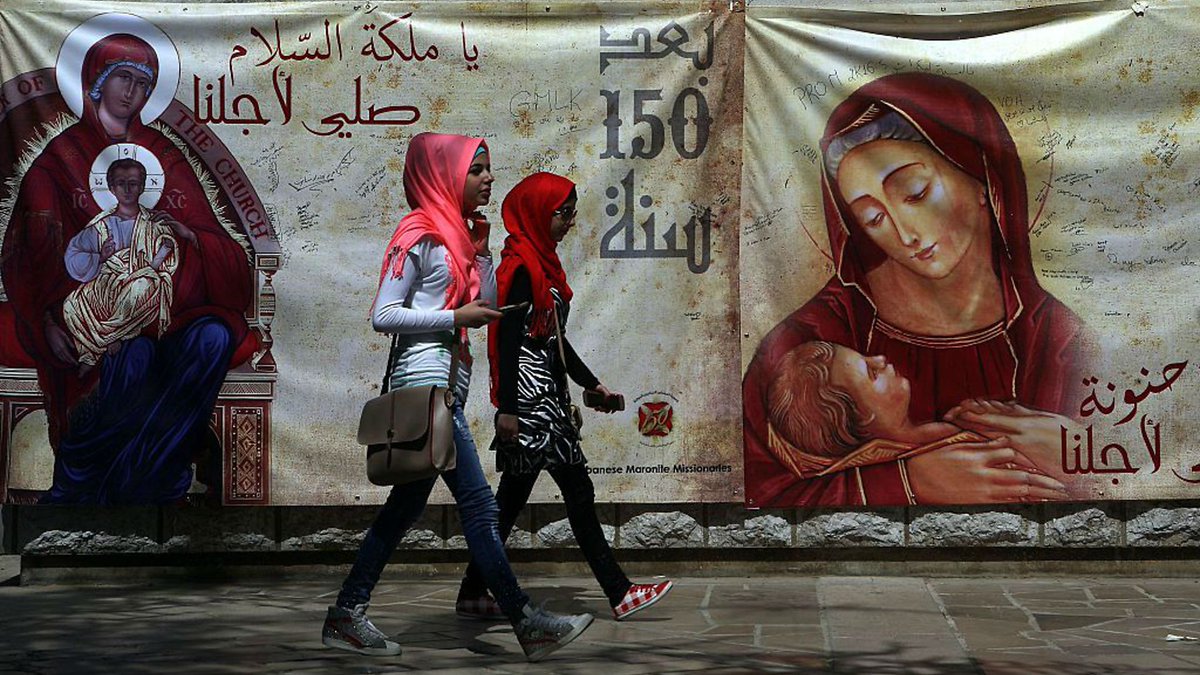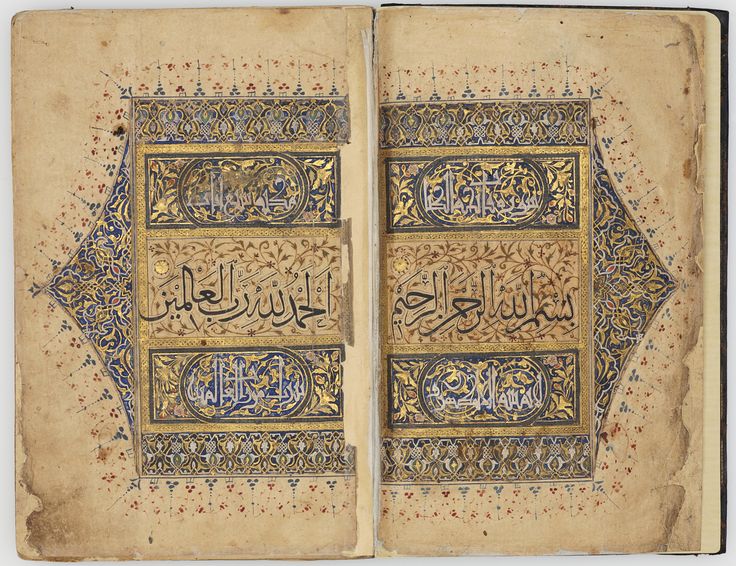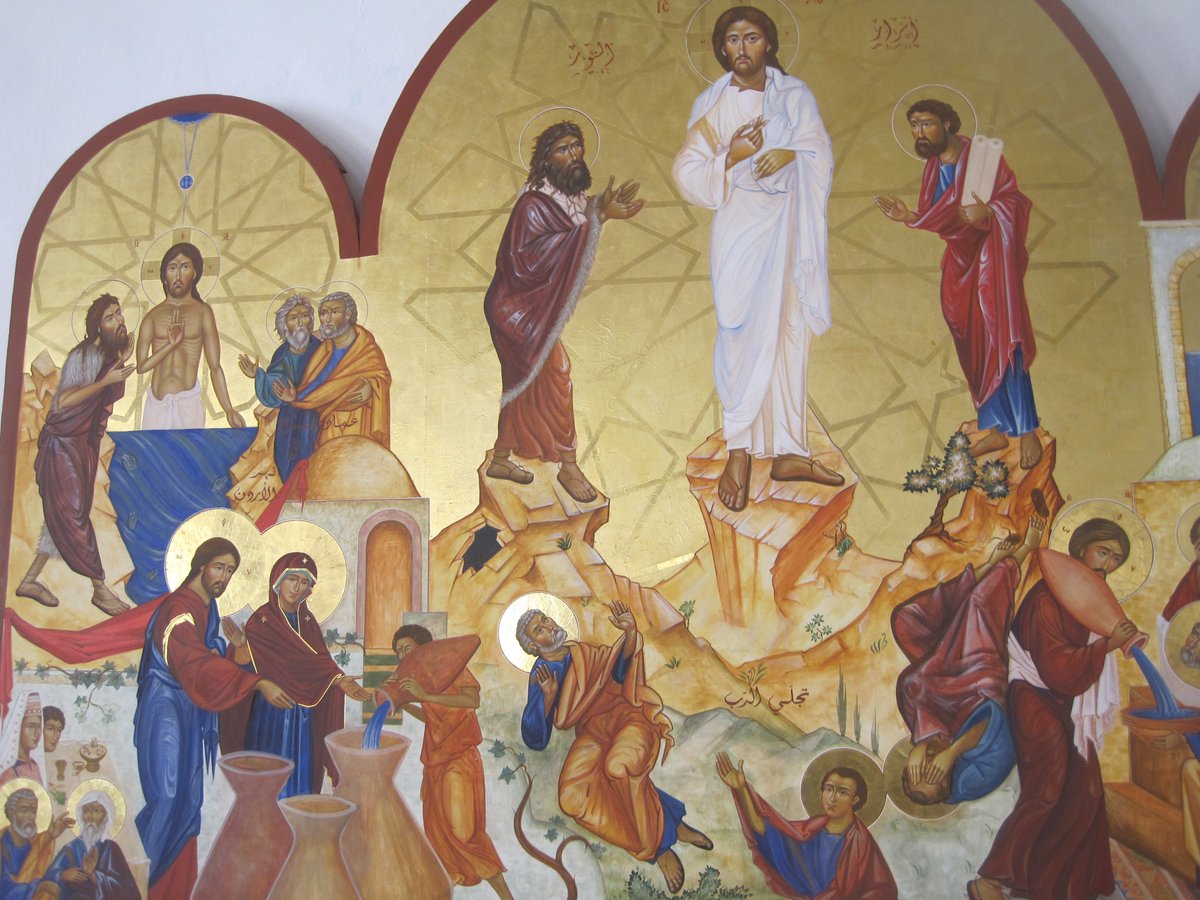
We’re just a few months away from publication of my new book, #Islamophobia_WhatChristiansShouldKnow.
Here’s a thread to give you a chapter-by-chapter preview.
Here’s a thread to give you a chapter-by-chapter preview.
Full title: ‘Islamophobia: What Christians Should Know (and Do) about Anti-Muslim Discrimination.’ Will be published with @OrbisBooks in May 2021.
Intro: Why Christians are called to care about Islamophobia and why I have written this book. I address hesitancies and skepticism that some readers may have, and explain why this isn't an Islam 101 book.
Ch. 1: Defining Islamophobia and the history of the term. I also introduce the concept of the racialization of Muslims and the stereotypes that undergird Islamophobia.
It’s not simply fear/phobia of Islam, but anti-Muslim prejudice, discrimination, and racism.
It’s not simply fear/phobia of Islam, but anti-Muslim prejudice, discrimination, and racism.
Ch. 2: The not-so-recent history of Islamophobia in the US—hate crimes since 9/11, anti-Muslim rhetoric and policies of the GOP and Trump, and the Islamophobia industry. I give a window into the impact of these forms of Islamophobia on Muslim individuals and communities.
Ch. 3: Islamophobia spans the political spectrum and the globe. Yes, Islamophobia exists on the left and among liberals. Some examples: Obama administration actions, Clinton rhetoric, and popular commentators in media. Looks at Islamophobia in Europe and beyond ‘the West,’ too.
Ch. 4: How Islamophobia intersects with other forms of racism like anti-Blackness and Antisemitism; similarities with anti-Catholic discourse; Japanese internment during WWII; the ways that Islamophobia impacts people who aren’t Muslim, like Sikhs and Arab Christians.
Ch. 5: Islamophobia often goes unseen: Hate crimes that go uncounted; implicit bias; law enforcement practices like infiltrating Muslim communities; dehumanization and murder of Muslims abroad; subtle stereotypes in both news and entertainment media.
Ch. 6: Tackling stereotypes and problems in our discourse: “Why don’t Muslims condemn terrorism?;” “Islam v. the West;” sharia fears; flawed ways of talking about religion. Plus, I clarify some Arabic terms and show how anti-Muslim activists have warped them to fit their agenda.
(This ends Part I, which is an overview of Islamophobia. Part II focuses on Islamophobia among Christians, past and present.)
Ch. 7: Islamophobia among Christians today: I focus heavily on Catholics, both lay and in the hierarchy, and the Catholic wing of the Islamophobia network. Plus: Israel/Palestine, religious freedom campaigns, and the cottage industry of conversion stories.
Ch. 8: The roots of contemporary Islamophobia in the history of Muslim-Christian relations. I also discuss some of the ways Christian communities have harmed Muslims in the past, which many readers will not be familiar with. Positive stories included, too.
(Part III moves onto what Christians can do constructively, how we can craft a Christian response to Islamophobia.)
Ch. 9: What theological resources can we draw on to forge another path? The big contribution of this chapter is my harnessing of Catholic social teaching to both diagnose and suggest ways to upend Islamophobia.
Ch. 10: I give more concrete examples of what Christians can do to combat Islamophobia, and draw attention to the many Christians who are already doing this.
I hope readers come away with a better understanding of the harmful impact Islamophobia has on Muslim individuals and communities, and that we are more equipped to identify and combat Islamophobia in a range of forms.
While this book does not shy away from naming our sins and the problems that exist, it also strives to give readers hope and energy to do our small part of upending religious discrimination toward Muslims and all people.
Even though the book is geared toward Christians, I think many other communities would find the book helpful, Part I in particular. That’s the overview section and it could be used in high school and college courses on Islamophobia.
Stay tuned for announcements on virtual launch events and books talks! The book is already available for pre-order through Amazon and the publisher @OrbisBooks. amazon.com/Islamophobia-C…
Writing the book was a huge challenge but also very gratifying. I couldn't have done it without the help and support of so many.
I can’t wait to share the whole thing with you.
I can’t wait to share the whole thing with you.
There was so much I was not able to include in the book that I hoped to, and that's even with me going 30K words over the word count in my contract...woops! So I plan to blog and share articles on the book's website to supplement the material in the book. Stay tuned!
If you are interested in writing a review of #Islamophobia_WhatChristiansShouldKnow, let me know here or via DMs and I will pass your contact info along my publisher.
See endorsements by major faith leaders at IslamophobiaBook.com.
• • •
Missing some Tweet in this thread? You can try to
force a refresh






